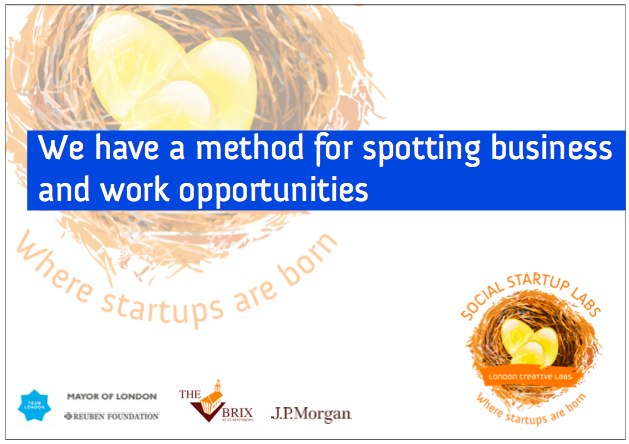Biography of BRAC's humble genius founder
 Thursday, December 31, 2009 at 4:00PM
Thursday, December 31, 2009 at 4:00PM 
Mr. Fazle Hasan Abed, Founder and Chairperson, BRAC, Posed for photographs at BRAC Center on December 02, 2009, Dhaka, Bangladesh. © Shehab Uddin/Drik/BRAC
Biography of Mr Fazle Hasan Abed
Fazle Hasan Abed was born in 1936 into a landed family in Baniachong in Bangladesh’s Habiganj district. He matriculated from Pabna Zilla School and went on to complete his higher secondary education from Dhaka College.
He left home to attend Glasgow University, where, and in an effort to break away from tradition and do something radically different - he studied Naval Architecture. But there was little work in ship building in Bangladesh and a career in Naval Architecture would make returning home difficult. With that in mind, Abed joined the Chartered Institute of Management Accountants in London, completing his professional education in 1962.
Abed returned to Bangladesh to join Shell Oil Company and quickly rose to head its finance division. His time at Shell exposed Abed to the inner workings of a large conglomerate and provided him with insight into corporate management, which would become invaluable to him later in life.
It was during his time at Shell that the devastating cyclone of 1970 hit the coastal regions of Bangladesh, killing 300,000 people. The cyclone had a profound effect on Abed - in the face of such devastation, the comforts and perks of a corporate executive's life ceased to have any attraction for him. Together with friends, Abed created HELP, an organization that provided relief and rehabilitation to the worst affected in the island of Manpura, which had lost three quarters of its population in the disaster.
Soon after, Bangladesh’s own struggle for independence from Pakistan began and circumstances forced Abed to leave the country. He found refuge in England, where he set up Action Bangladesh to lobby for his country’s independence with the governments of Europe.
When the war ended in December 1971, Abed sold his flat in London and returned to the newly independent Bangladesh to find his country in ruins. In addition, the 10 million refugees who had sought shelter in India during the war had started to return home. Their relief and rehabilitation called for urgent efforts. Abed decided to use the funds he had generated from selling his flat to initiate his own. He selected the remote region of Sulla in northeastern Bangladesh to start his work. This work led him and his organisation, BRAC, to deal with the long-term task of improving the living conditions of the rural poor.
In a span of only three decades, BRAC grew to become the largest development organisation in the world in terms of the scale and diversity of its interventions. As BRAC grew, Abed ensured that it continued to target the landless poor, particularly women, a large percentage of whom live below the poverty line with little or no access to resources or conventional development efforts.
BRAC now operates in more than 69 thousand villages of Bangladesh and covers an estimated 110 million people through its development interventions that range from primary education, essential healthcare, agricultural support and human rights and legal services to microfinance and enterprise development.
In 2002, BRAC went international by taking its range of development interventions to Afghanistan. Since then, BRAC has expanded to a total of eight countries across Asia and Africa, successfully adapting its unique integrated development model across varying geographic and socioeconomic contexts.
Under Abed’s leadership, BRAC has made remarkable achievements against enormous odds. That BRAC continues to evolve, experiment, and expand is a testament to the vision, courage and dynamism of its founder. Its work has been recognized internationally through awards such as the $1.5 million Conrad N. Hilton Humanitarian Prize in 2008, which is the world’s largest humanitarian prize, as well as the Swadhinata Puroshkar in 2007, the highest state award in Bangladesh.
For his contribution to society, Abed has received numerous national and international awards, including the Ramon Magsaysay Award for Community Leadership in 1980, the Unicef Maurice Pate Award in 1992, the Olof Palme Prize in 2001, the UNDP Mahbub ul Haq Award for Outstanding Contribution in Human Development in 2004 and the Inaugural Clinton Global Citizen Award in 2007. He is a founding member of Ashoka’s prestigious Global Academy for Social Entrepreneurship. Abed has also received several honorary degrees including Doctor of Humane Letters from Yale University in 2007, Doctor of Laws from Columbia University in 2008 and Doctor of Letters from the University of Oxford in 2009.
 Posts
Posts 


Reader Comments (1)
[...] Fazle Abed’s biography [...]